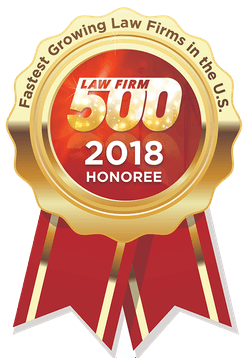If you have suffered an injury on the property of another, you could have a viable claim for damages that a personal injury attorney may be able to advise you on. However, not everyone injured on someone else’s property has a right to collect damages—your purpose for being on the land and whether or not you had permission will play a significant factor in the strength of your case. To discuss your legal options with a legal professional, contact a Palm Harbor premises liability lawyer right away.
Visitors in a Palm Harbor Premises Liability Case
A property owner in Palm Harbor does not owe the same duty of care to everyone. A visitor’s classification plays a significant role in determining the duty owed by a property owner.
In Florida, there are three types of people entering property in the context of premises liability law: invitees, licensees, and trespassers. An experienced Palm Harbor premises liability attorney could help determine which type of visitor a plaintiff qualifies as.
Invitees
Florida property owners owe the highest duty to invitees. An invitee is someone who enters the property lawfully and for the benefit of the property owner.
Invitees are divided into public invitees and business invitees. A public invitee is a person invited to enter the property as an invited member of the public, while a business invitee is asked in to do business with the property owner. Either way, land owners owe invitees two duties: the duty to use maintain reasonably safe conditions, and the duty to warn yhr invitee of concealed hazards.
Licensees
A licensee enters the property of another person lawfully and for their own benefit. One example of a licensee is a social guest. Under Florida law, a licensee is the lower level of lawfully invited guest, and a property owner only owes a licensee a duty to warn of concealed hazards on the property.
Trespassers
A trespasser is someone who enters another person’s land without permission. A property owner typically owes no duty of care to a trespasser, with a few exceptions.
The most common exception is known as the “attractive nuisance” doctrine. Under this doctrine, property owners must take steps to secure hazards on their property that would naturally appeal to small children, such as swimming pools or trampolines.
Statute of Limitations
Like every state, Florida has adopted a statute of limitations for premises liability injury cases which place a time limit on a plaintiff’s right to file an injury suit. The length of the time limit, known as the statutory period, varies depending on the type of lawsuit. A plaintiff who misses the deadline to file should typically expect dismissal of their claims in court.
Under Florida Statutes §95.11(3)(a), a plaintiff must file their lawsuit within four years of the date of the injury. Among various other services, a premises liability lawyer in Palm Harbor could help keep track of important deadlines for a lawsuit.
Contact a Palm Harbor Premises Liability Attorney Right Away
There is no time to waste when it comes to your premises liability claim. If you sustained a severe injury on the property of another person, let a Palm Harbor premises liability lawyer review your case and help you take proactive action. To schedule an initial consultation, call today.









